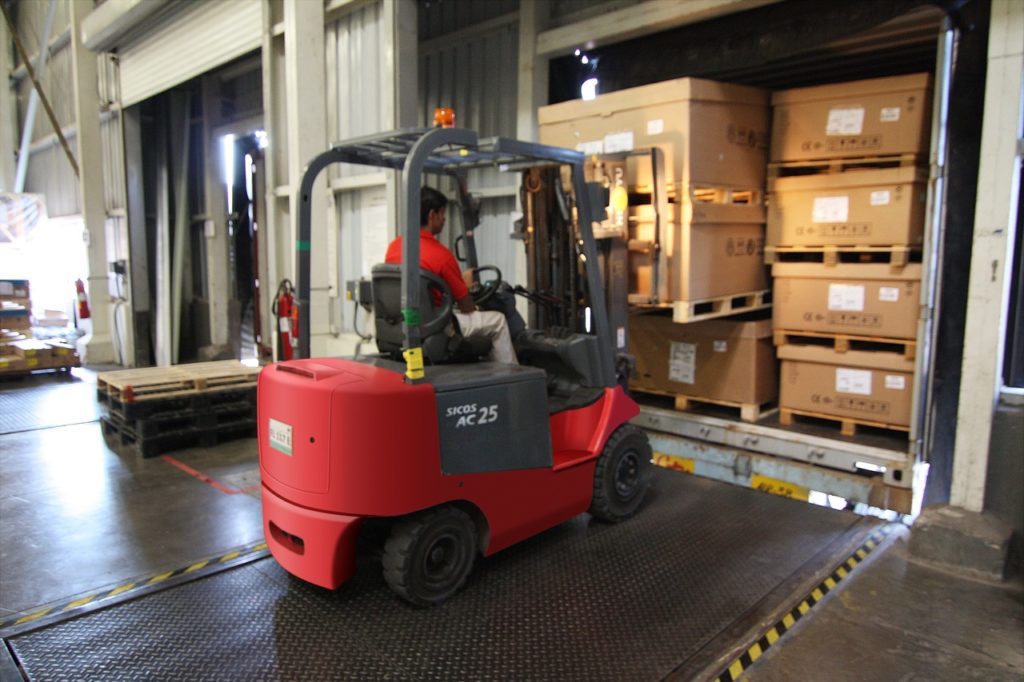The Flemish chamber of commerce, Voka, has called on the government to extend its compensation plans during the new coronavirus (Covid-19) emergency by giving grants to those who continue working, as well as to those who are unable to keep working.
Since the spread of coronavirus, most of Belgium’s business life has closed down, with the horeca and retail sectors largely closed, and many other businesses suspended while staff stay home.
As De Tijd reports, more than one million employees have been placed on temporary unemployment status, which allows employers to stop paying staff while they claim unemployment benefits for the duration of the crisis.
At the same time, 110,000 self-employed businesses have claimed the premium of €4,000 made available by the Flemish government to those businesses forced to close by government regulations.
But while the national and regional governments have come forward with support for those obliged to stop working, Voka argues that those who go on working have been ignored.
“We are receiving messages from various sectors telling us it is becoming more and more difficult to motivate employees who are leaving themselves open to health risks,” said Danny Van Assche, spokesperson for Unizo, which represents the self-employed.
“That’s understandable, when you consider all the other people who are sitting at home without employment and without any loss of income.”
Thanks to the different grants available to different sectors, he said, many people have no incentive to work, while others have no choice.
The problem is particularly pressing in the food retail sector, which remains – along with pharmacies – the only retail outlets still open. Six out of ten companies are having trouble finding employees, and the problem is feeding back up the chain with four out of ten food producers experiencing the same problem.
“In some companies, sales staff are being transferred to production,” said Bart Buysse of Fevia, the food industry organisation.
“We are calling on the government to make it possible for those who are in temporary unemployment from other sectors to switch over to food without too much administrative red tape,” he said.
Voka itself is now calling on the government to grant a premium of €150 a month for employees who continue to work during the crisis.
“There is sometimes no financial difference between working and not working, as much with temporary unemployment as with sick leave,” said Voka’s director Hans Maertens.
“We are asking for an incentive for those who turn up for work, wherever that is safe to do. Those who work from home are not included.”
Alan Hope
The Brussels Times

